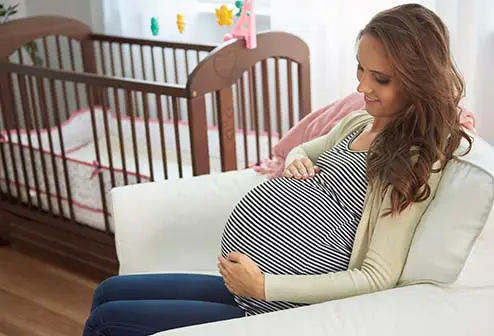Pre-natal and Post Natal Mental Health & Mindfullness Treatment


About Pre-natal and Post Natal Mental Health & Mindfullness
Depression and anxiety are the most common mental health problems during pregnancy, with around 12% of women experiencing depression and 13% experiencing anxiety at some point; many women will experience both. Depression and anxiety also affect 15–20% of women in the first year after childbirth. During pregnancy and the postnatal period, anxiety disorders, including panic disorder, generalised anxiety disorder (GAD), obsessive-compulsive disorder (OCD), post-traumatic stress disorder (PTSD) and tokophobia (an extreme fear of childbirth), can occur on their own or can coexist with depression. Psychosis can re-emerge or be exacerbated during pregnancy and the postnatal period. Postpartum psychosis affects between 1 and 2 in 1000 women who have given birth. Changes to body shape, including weight gain, in pregnancy and after childbirth may be a concern for women with an eating disorder. Despite the launch of India’s national mental health programme in 1982, maternal mental health is still not a prominent component of the programme. Dedicated maternal mental health services are largely deficient in health-care facilities, and health workers lack mental health training. The availability of mental health specialists is limited or non-existent in peripheral health-care facilities. Furthermore, there is currently no screening tool designated for use in clinical practice and no data are routinely collected on the proportion of perinatal women with postpartum depression. India is experiencing a steady decline in maternal mortality, which means that the focus of care in the future will shift towards reducing maternal morbidity, including mental health disorders. Despite the growing number of empirical studies on postpartum depression in India, there is a lack of robust systematic evidence that looks not only at the overall burden of postpartum depression, but also its associated risk factors.














